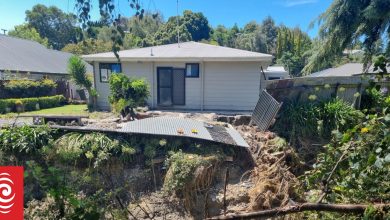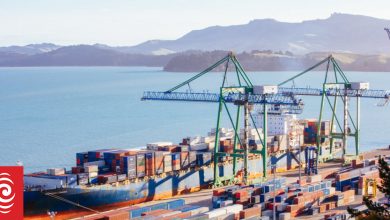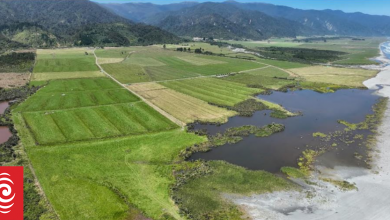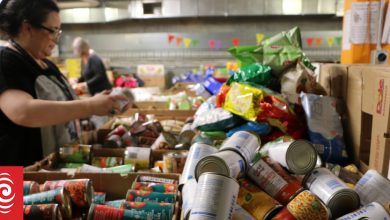‘Devil in the details’ when considering biofuels – Victoria University lecturer
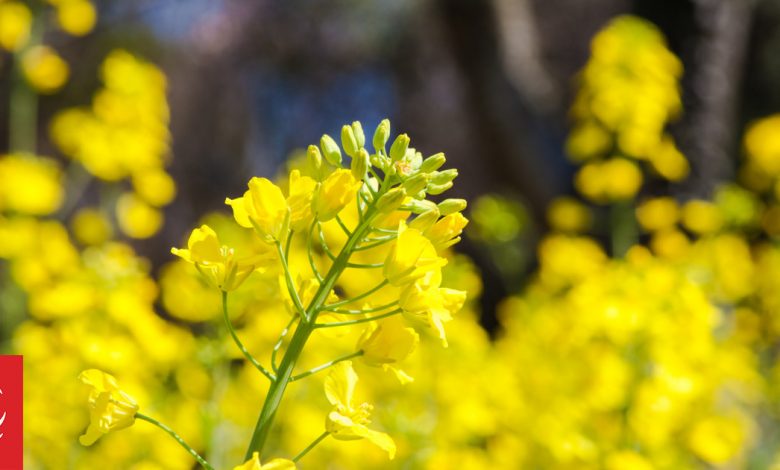
The devil is in the details when it comes to biofuels and the essential fact to consider is the energy return on the energy invested, Victoria University lecturer Dr Mike Joy says.
Joy, a lecturer at the School of Geography, Environment and Earth Sciences at Te Herenga Waka-Victoria University of Wellington, said that principle applied for all life on our planet and “you have to get more energy back than you put into it”.
It was possible to grow a crop and turn it into fuel, he said.
But you needed to look at the total energy cost of producing that fuel, he said.
“If you look at what it costs in the way of energy to clear the land, to plough it up, to plant the seeds, to harvest the seeds, to take them in a truck somewhere, to take them to a plant to put them through and you take the material cost of the plant that you’re sticking it into.”
The production process tied up a huge amount of land, as well as using machinery, he said.
The plant production system also had energy costs, he said.
“You may as well have just burned the fossil fuels instead of going through this whole process because you get no more back than what you stuck in in the first place.”
Dr Joy was responding to Professor Nick Wilson who is one of the authors of a study published in a journal called Risk Analysis that suggests New Zealand grows more canola oil so that it can be turned into biofuel which could be used if New Zealand became cut off from the rest of the world.
Wilson said with some changes to the refinery canola could be turned into biodiesel which could be used to run farm machinery in a catastrophic situation.
But Dr Joy said a better backup system in a disaster would be being able to produce locally grown food naturally without the need for the fossil fuel input.
Dr Joy said it was something of a Catch-22 in terms of using energy to try and save it.
There was definitely a gain in using solar energy, but at every step of growing commercial crops for biofuels there was an energy loss because the solar gain was lost in each step which involved things like fertiliser, transport and machinery, he said.
However, fossil fuels were limited and it was currently necessary to put more energy into getting the same amount of fossil fuel, he said.
“Whether we decide to cut back on them for climate change reasons or not, they’re already declining quite fast and that will accelerate faster.”
It was necessary to move back to local food that was grown naturally without the fossil fuel input that was currently used in commercial crops, he said.
“When we think about sustainable futures, you’ve got to think about getting away from industrial food production.”
People should be thinking locally, he said.
One example was at a research farm in Southland called Invermay during the 1970s which ran the whole farm on bio gas, he said.
That involved taking animal waste and some plant material into a methane digester and then converting diesel machines to bio gas, he said.
But it had a positive effect because it happened on farm on a small scale, he said.
It was frustrating that most New Zealanders say that we have 80 percent renewable energy in this country, he said.
Electricity is 80 percent renewable in New Zealand, but that was only a small part of our energy input, he said.
“It’s actually 28 percent of our total energy use in this country is renewable and … that hasn’t changed since 1990.”
Things like solar panels and wind turbines were not displacing anything because “as fast as we add those things, we consume more energy and so we don’t get ahead”, he said.
“In my lifetime, we have trebled, almost tripled per capita energy consumption in New Zealand.”
Permaculture would be the goal in sustainable food production, he said.
“The opposite is what we have at the moment which is very industrialised, you know, fossil fuel dependent food production.”
According to the news on Radio New Zealand

